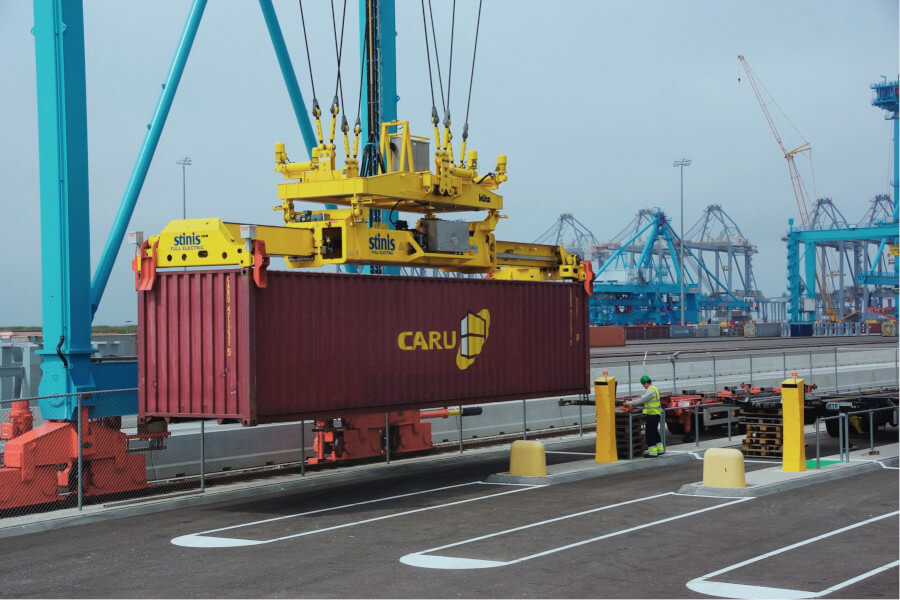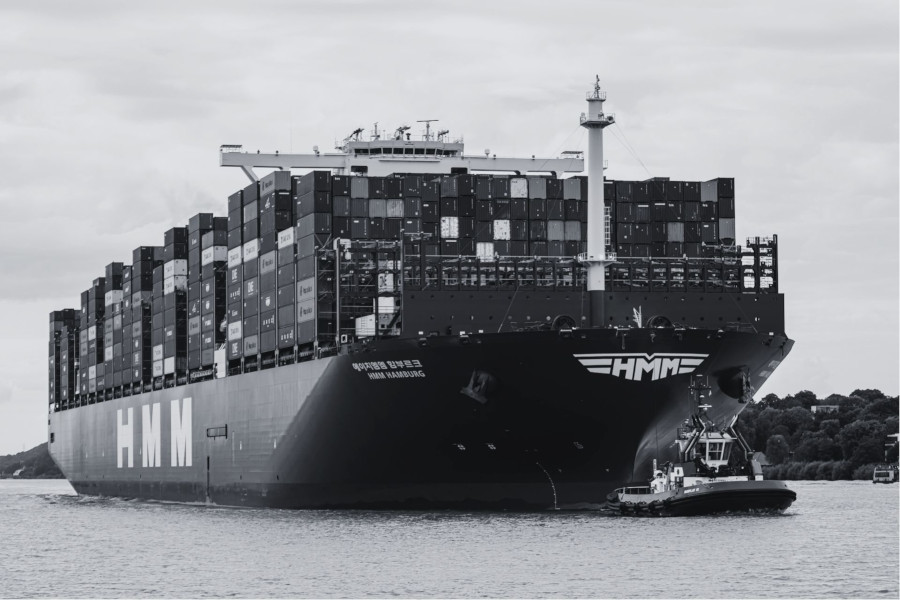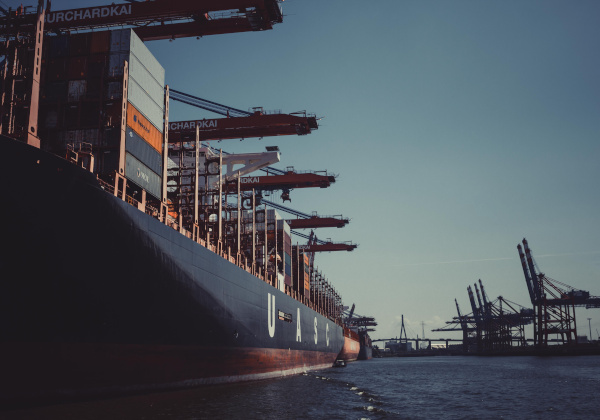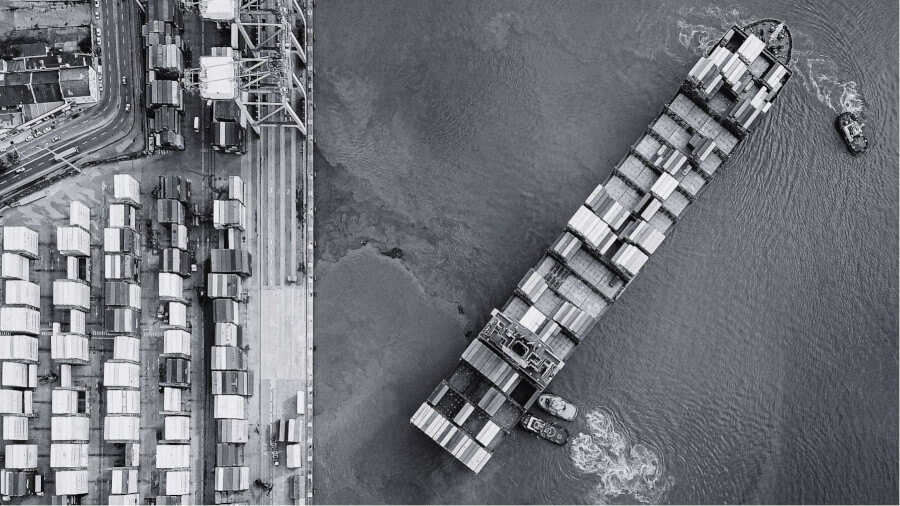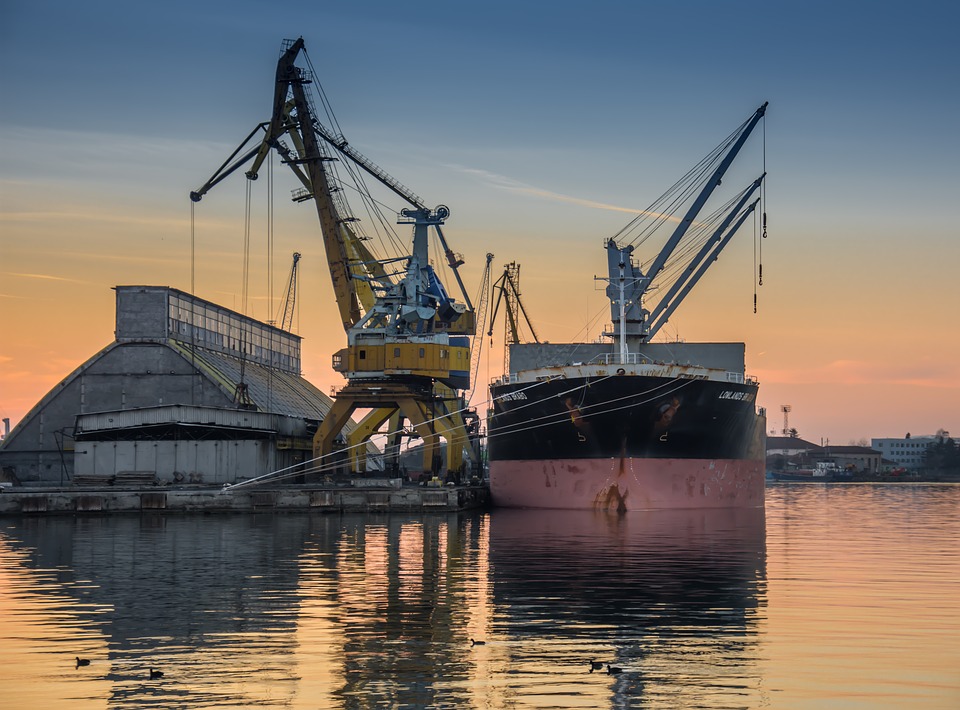Looking for Container maritime shipment…!!!!
Containers are essential tools in the logistics of international freight transport. They represent a high level of competitive advantages for companies, thanks to their costs and to the fact that nowadays they have become intermodal cargo containers, which can be handled from one container transport to another, without having to unload and repeat the loading process of the goods that are inside them.
International Container Transport.
Container transports can be by road, air or sea. Containers have been one of the best and most important innovations in world trade, their history dates back to the 1950’s when goods were shipped, just as in centuries past, packed in loose boxes which were then loaded and unloaded by large troops of workers.
Among the different types of transport that are found to move goods, container shipping is the most comfortable way to transport our products, besides allowing us to carry large amounts of cargo, it travels long distances while keeping the product insured to the maximum without any doubt.
Its economic price maintains a figure of around 7 million containers travelling around the world, either by train, ship or truck, transporting goods of all kinds.
A sea container transport is usually large in size, and thanks to this it is possible to move large quantities of goods on each journey. It also has excellent security measures, which ensure that the goods are kept in perfect condition throughout the journey.
The price of container transport is made up of several criteria based on whether we are talking about the shipment of a container or the shipment of an international groupage. In the case of maritime transport for a full container, the price includes:
- International freight: This is the price of transporting the container from the port of origin to the port of destination.
- BAF or BUC: It is also known as fuel surcharge, and usually varies monthly by geographical area depending on the destination of the transport. It may even happen that a specific country has a specific surcharge.
- CAF: This is known as exchange rate adjustment, the rates do not change daily, which is why shipping companies in some destinations charge a % on the freight to cover themselves for any eventuality.
- Port charges: Each time a container is unloaded or loaded, a cost is generated, which will be passed on by the shipping lines to the exporter/importer through the freight forwarder.
- Port charges: These are the charges applied by the ports for the entry and exit of certain goods.

